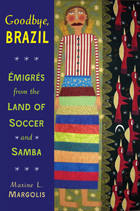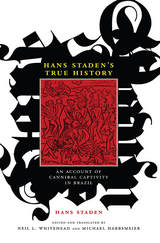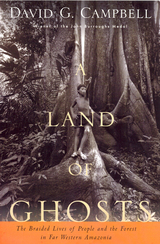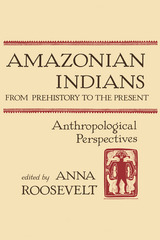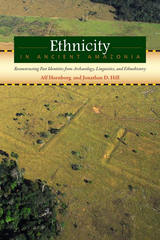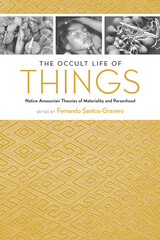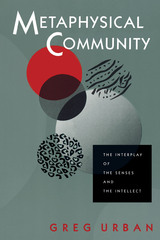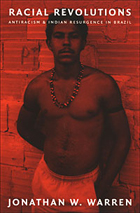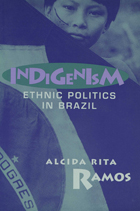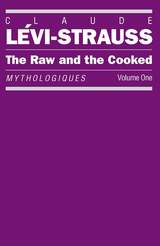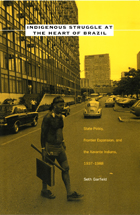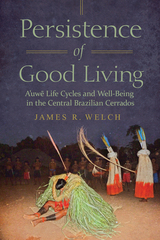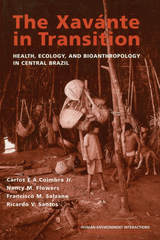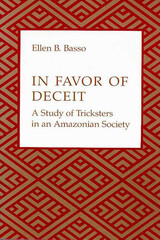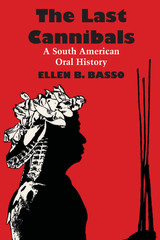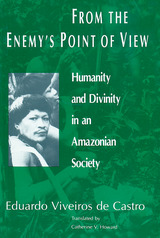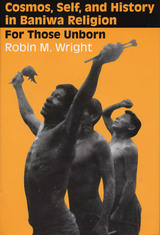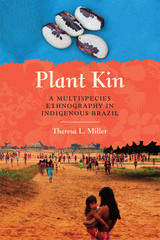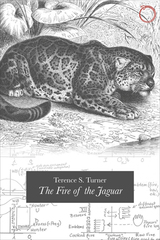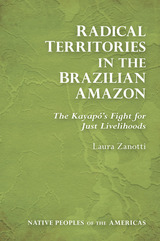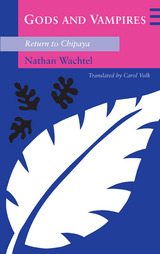Indigenism: Ethnic Politics In Brazil
University of Wisconsin Press, 1998
Paper: 978-0-299-16044-9 | Cloth: 978-0-299-16040-1
Library of Congress Classification F2519.3.G6R35 1998
Dewey Decimal Classification 305.800981
Paper: 978-0-299-16044-9 | Cloth: 978-0-299-16040-1
Library of Congress Classification F2519.3.G6R35 1998
Dewey Decimal Classification 305.800981
ABOUT THIS BOOK | AUTHOR BIOGRAPHY | REVIEWS | TOC | REQUEST ACCESSIBLE FILE
ABOUT THIS BOOK
Indigenous people comprise only 0.2% of Brazil's population, yet occupy a prominent role in the nation's consciousness. In her important and passionate new book, anthropologist Alcida Ramos explains this irony, exploring Indian and non-Indian attitudes about interethnic relations. Ramos contends that imagery about indigenous people reflects an ambivalence Brazil has about itself as a nation, for Indians reveal Brazilians’ contradiction between their pride in ethnic pluralism and desire for national homogeneity.
Based on her more than thirty years of fieldwork and activism on behalf of the Yanomami Indians, Ramos explains the complex ideology called indigenism. She evaluates its meaning through the relations of Brazilian Indians with religious and lay institutions, non-governmental organizations, official agencies such as the National Indian Foundation as well as the very discipline of anthropology. Ramos not only examines the imagery created by Brazilians of European descent—members of the Catholic church, government officials, the army and the state agency for Indian affairs—she also scrutinizes Indians' own self portrayals used in defending their ethnic rights against the Brazilian state.
Ramos’ thoughtful and complete analysis of the relation between indigenous people of Brazil and the state will be of great interest to lawmakers and political theorists, environmental and civil rights activists, developmental specialists and policymakers, and those concerned with human rights in Latin America.
Based on her more than thirty years of fieldwork and activism on behalf of the Yanomami Indians, Ramos explains the complex ideology called indigenism. She evaluates its meaning through the relations of Brazilian Indians with religious and lay institutions, non-governmental organizations, official agencies such as the National Indian Foundation as well as the very discipline of anthropology. Ramos not only examines the imagery created by Brazilians of European descent—members of the Catholic church, government officials, the army and the state agency for Indian affairs—she also scrutinizes Indians' own self portrayals used in defending their ethnic rights against the Brazilian state.
Ramos’ thoughtful and complete analysis of the relation between indigenous people of Brazil and the state will be of great interest to lawmakers and political theorists, environmental and civil rights activists, developmental specialists and policymakers, and those concerned with human rights in Latin America.
See other books on: Ethnic Politics | Government relations | Indians of South America | Indigenism | Ramos, Alcida Rita
See other titles from University of Wisconsin Press


